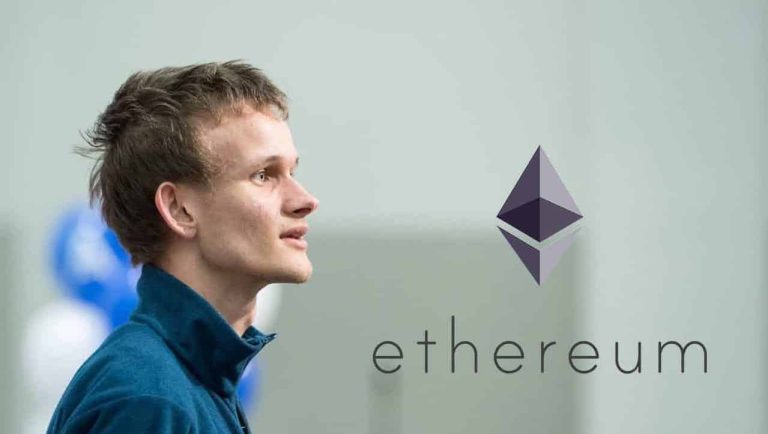The Ethereum co-founder, Vitalik Buterin, has unveiled Binius, a groundbreaking cryptographic approach that promises to significantly improve computation and resource efficiency for zero-knowledge proofs. Buterin provided extensive details about Binius in a blog post on April 29, aiming to render zk-SNARKs and STARKs-dated systems obsolete.
Buterin’s idea, Binius, functions at the level of binary bits, something quite uncommon for systems that handle large blocks. Binius keeps up with the best efficiency when it comes to processing data directly in binary form, especially for handling small constants used in cryptography.
Binius innovatively represents data as a “hypercube” of bits, carrying out operations arithmetically. In addition, Binius employs hash-coding and decoding techniques, converting the input data to a polynomial form for easy processing and Merkle proofs, as well as preserving efficiency.
In addition to that, the Binius platform makes sense of its fundamental arithmetic innovations, which in turn makes cryptographic applications such as currency more efficient and scalable. By utilizing polynomials, the primary component of zk-proofs, Binius encrypts data and computations, enabling verification without ultimately revealing any private information.
However, Buterin did not show only complicated mathematical examples in order to illustrate the capabilities of Binius, which include data harvesting, generating proofs, and ensuring efficiency in verification. First, cryptographers Benjamin E. Diamond and Jim Posen’s 2023 white paper, “Succinct Arguments over Towers of Binary Fields,” served as the foundation for the method.
Overall, Binius significantly outperforms previous proof systems, particularly in scenarios involving small values and numerous bit operations. Despite that, Buterin believes that in the near future, we will witness a lot of upgrades in binary-field-based proving schemes.


